how to add a bookmark on iphone
iPhone 12 vs iPhone 11: Is the iPhone 12 worth it?
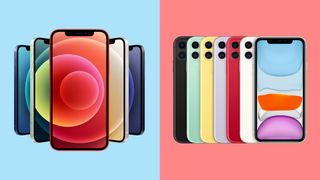
iPhone 12 vs iPhone 11 – which is the right smartphone for you? If you're looking to buy an iPhone right now, and you don't want to spend huge money on iPhone 12 Pro, then there are plenty reasons to choose one of these brilliant phones, but you'll need to know which is better for your needs first. We're here to help.
Both have a big claim to the two of the best smartphones of the moment, even though the iPhone 11 is a year older – it's still full of excellent hardware, including a dual-camera system that can claim even now to put it in contention as one of the best camera phones.
Of course, anything the iPhone 11 can do, the iPhone 12 can do better… right? It can definitely do it for more money. So let's look at exactly what each phone gives you, to help you choose which is the right buy for you.
iPhone 12 vs iPhone 11: Design
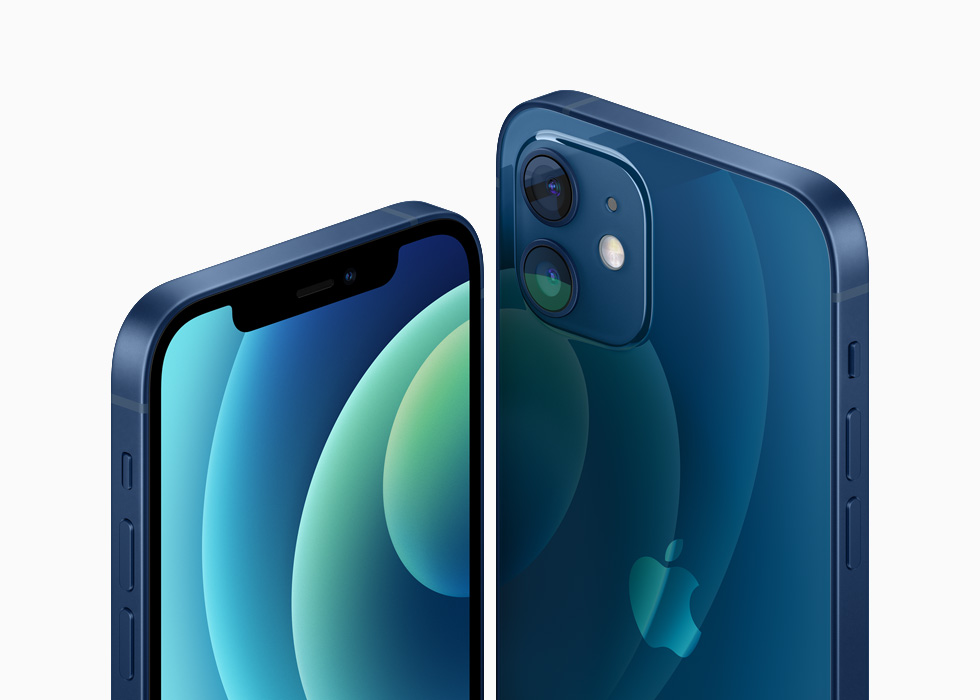
Both iPhones share very much the same design language, but the iPhone 12 has the edge for being a slightly sleeker and more aesthetically exciting device.
The iPhone 11's design is very similar to what Apple's been doing since the iPhone X, which a nearly all-screen front (save for the iconic notch, and a bezel around the screen that's a little thicker than the iPhone 12's), rounded corners, curved aluminium sides, and a glossy glass back. It's available in six colours: Purple, Yellow, Green, Black, White, and Red.
Its 150.9x75.7x8.3mm (5.94x2.98x0.33 inches) dimensions mean its certainly not small in the hand, and it weighs 194 grams (6.84 ounces). It's water resistant for immersion up to a depth of 2 metres for up to 30 minutes.
The iPhone 12 includes the exact same size of screen (which we'll come to in a moment), but its dimensions are just 146.7x71.5x7.4mm (5.78x2.82x0.29 inches) and it weighs noticeably less at 162 grams (5.73 ounces).
The differences in size might be slight, but they add to a major difference in volume. That, plus the lower weight, makes a big difference to usability – it's easier to manipulate in one hand safely.
The difference in size is largely down to the iPhone 12 having thinner bezels at the edges of the screen, plus flat sides instead of curved. This means sharper edges where the sides meet the back, but they're perfectly comfortable to hold – there's a subtle curve to them. Again, the sides are aluminium, and the back is glossy glass. The iPhone 12 comes in Blue, Green, Red, White, and Black colours.
The iPhone 12 has a new 'Ceramic Shield' glass used on the front too, which Apple says is four times more resistant to damage when the phone is dropped. Apple also says that the iPhone 12 has an improved immersion rating: a depth of 6 metres for up to 30 minutes. However, both phones are officially rated at IP68.
There's no question the iPhone 12 is the winner on design, not that the iPhone 11 is poor by any means.
iPhone 12 vs iPhone 11: Display
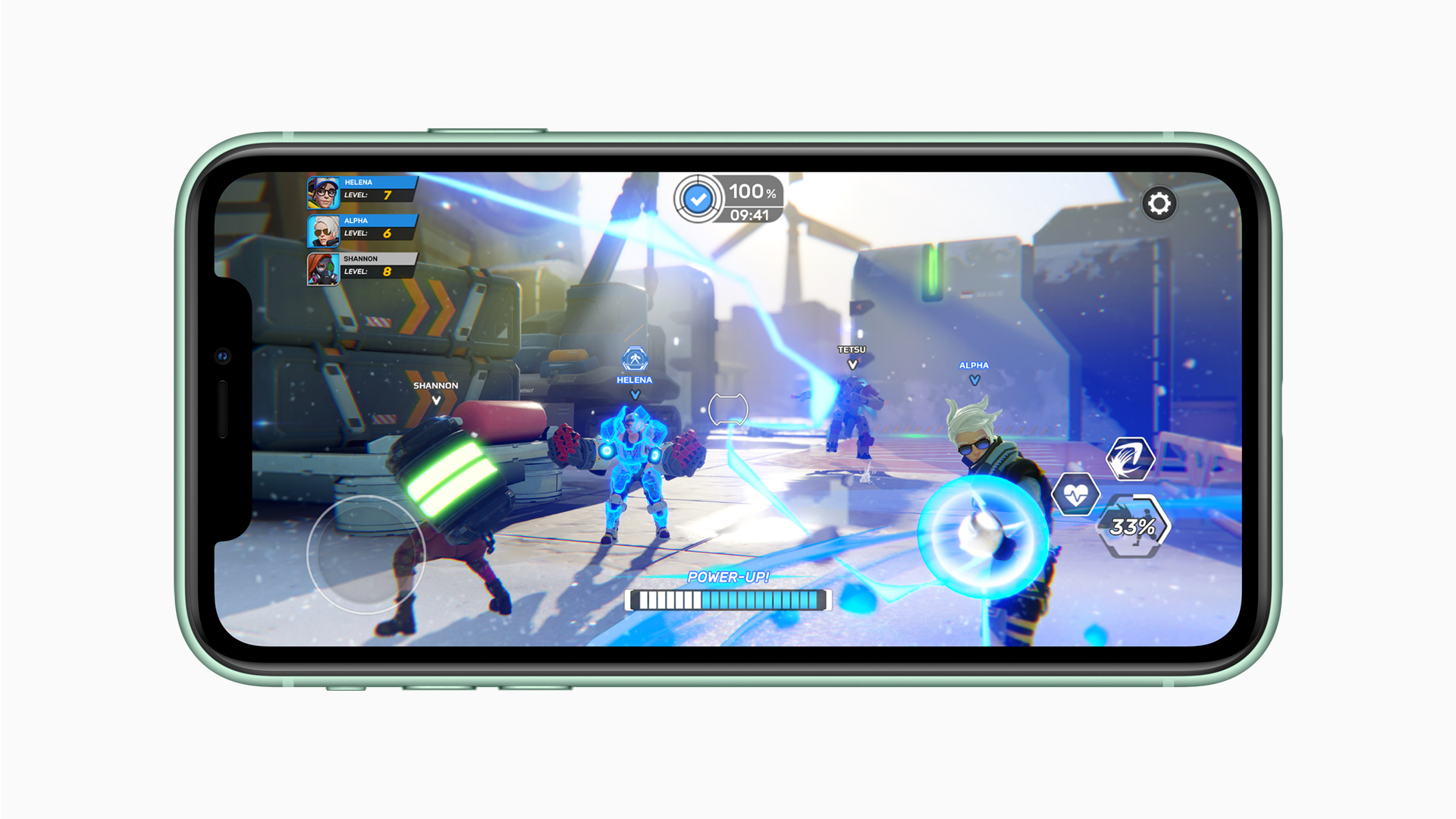
Both iPhones have a 6.1-inch screen with wide colour P3 gamut support and Apple True Tone tech for more comfortable viewing in artificial light, and both offer a typical brightness of 625 nits.
That's where the similarities end, though. The iPhone 11 uses an LCD screen with a resolution of 1792x828 (326 ppi), while the iPhone 12 uses an OLED screen at 2532x1170 (460 ppi).
The OLED screen of the iPhone 12 is HDR-enabled (including Dolby Vision), which the iPhone 11 doesn't support. With HDR video content, the iPhone 12 can hit peak brightness of 1,200 nits – that's more than basically any OLED TV can handle, meaning that for HDR video, this is one of the best devices on the planet, no question.
The difference in sharpness is clear too. Not that the iPhone 11 looks blocky, but the the clarity on the iPhone 12, especially with the precise per-pixel lighting on OLED, is just impeccable.
Colour accuracy for both is excellent, so beyond the points we've raised here, the only things to know are the usual differences between LCD and OLED: OLED tends to pick up more of a colour cast when viewed at an angle (though Apple is excellent at minimising this), and OLED runs the risk of burn in for graphics that are regularly left on the screen for a long time. However, LCD simply can't match the deep black levels and dynamic range of OLED.
Neither device support refresh rates higher than 60Hz.
Again, the iPhone 12 has the clear edge here, even if the iPhone 11 among the best of its own kind.
iPhone 12 vs iPhone 11: Battery life
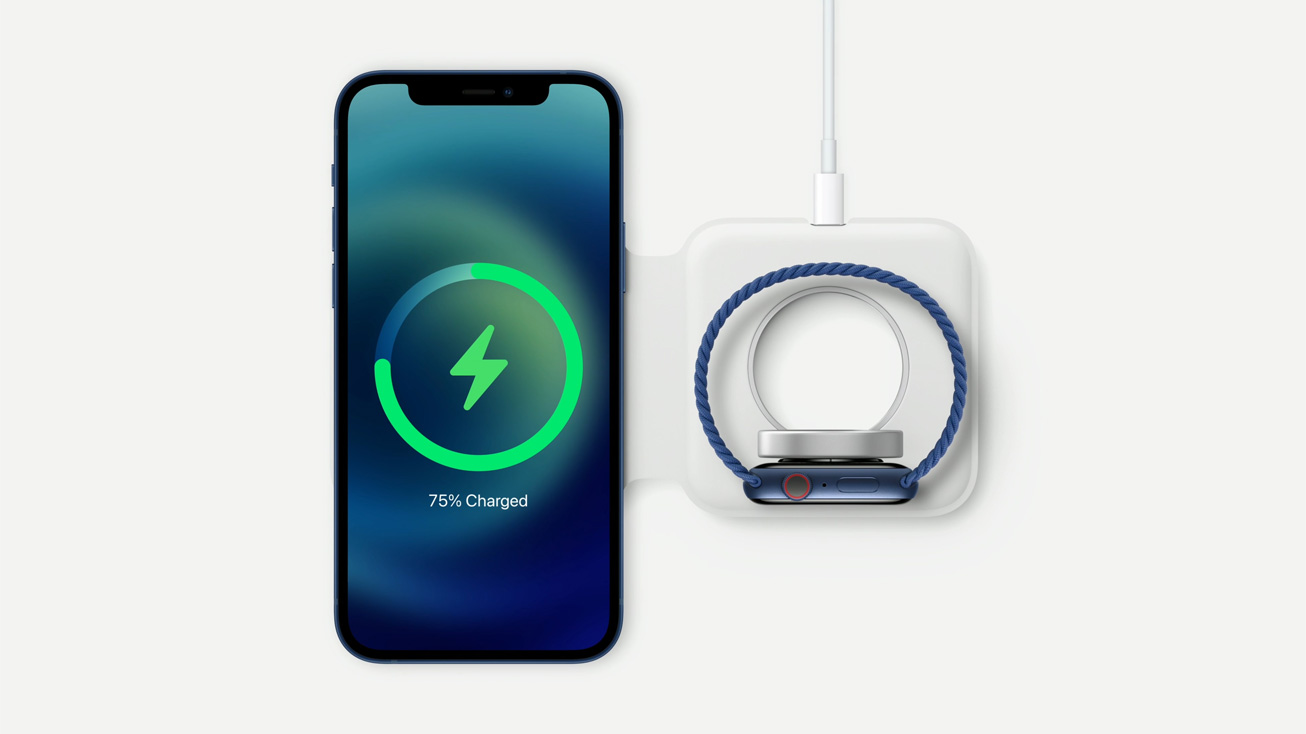
This is basically a draw, and Apple's own ratings for both being so close to identical as makes no odds. In our experience, that's essentially true too. The iPhone 12 is probably marginally better overall, but because real-world usage is full of mixed tasks, you wouldn't see a meaningful benefit from it in practice.
Both phones promise around 17 hours of offline movie viewing time or 65 hours of audio playback. The iPhone 12 is rated for 11 hours of streaming movie playback compared to 10 hours for the iPhone 11.
Both offer fast-charging from their Lightning port, or include Qi wireless charging. The iPhone 12, however, supports Apple's new MagSafe wireless charging and accessories system, where a wireless charger holds magnetically to the optimal point on the back, meaning that it can charge at 15W, compared to a maximum of 7.5W Qi charging for the iPhone 11.
A note: the iPhone 12 ships with a Lightning-to-USB-C cable, but no power adapter.
iPhone 12 vs iPhone 11: Camera
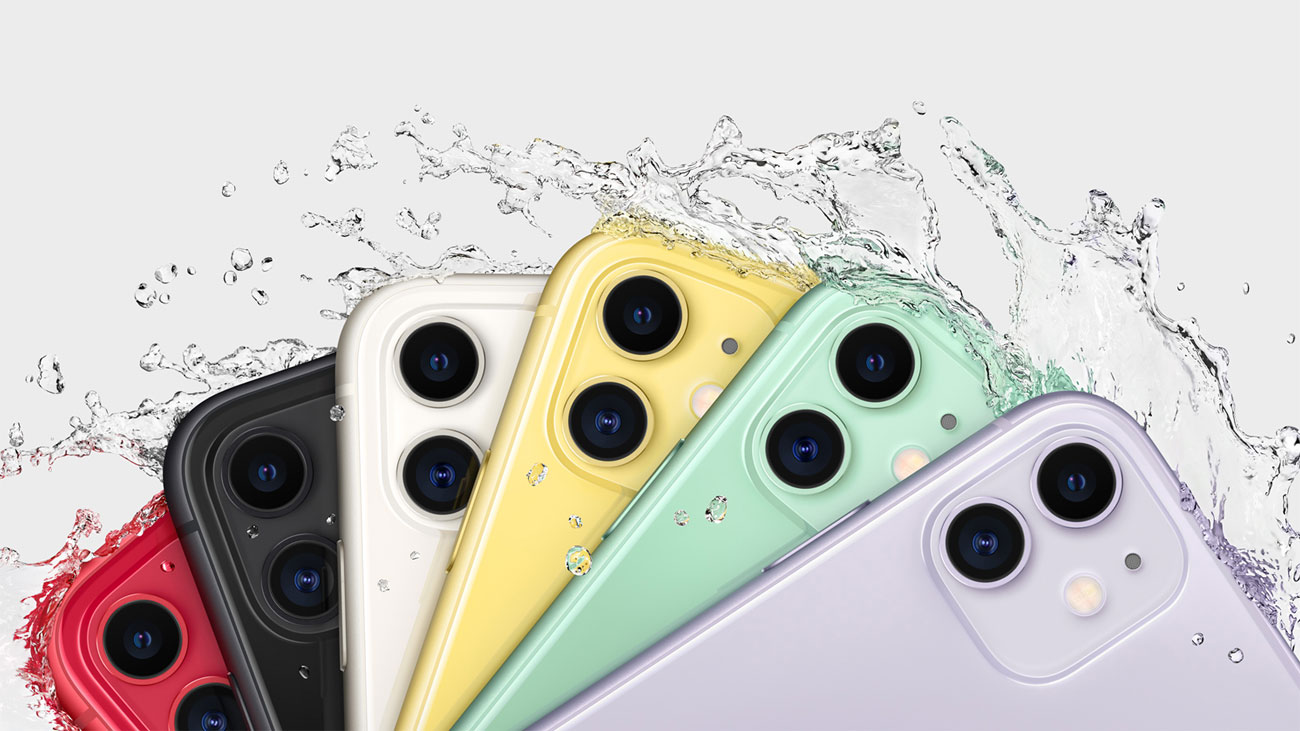
At first, you'll be hard-pressed to tell the difference here. Both phones feature a dual-camera rear setup, with a wide-angle and ultra-wide, both 12MP. Both have OIS, and support Apple's Night Mode and Deep Fusion tech. The differences are subtle, but add up.
First, the iPhone 12's wide-angle lens has an f/1.6 aperture, while the iPhone 11's is f/1.8. (Both ultra-wide lenses are f/2.4). The iPhone 12 also uses a more advanced version of Apple's Smart HDR tech, thanks to the upgraded processor it includes.
Between a few hardware and software tweaks, the iPhone 12 produces noticeably better images, though you'd only really know when looking side-by-side. Its handling of light and dark in a single photo is markedly improved, and generally colours and lighting is just a little more true to life.
The iPhone 11 actually still takes some of the best pictures in the business, especially when compared with other mid-range handsets, which often use a lot of processing and saturation to make things more shareable. But there's no question than the 12 pips it to the post for quality overall.
When it comes to video, the iPhone 12 has a significant advantage… sort of. It can take Dolby Vision HDR video, which is an astounding achievement on Apple's part. It's the only consumer camera of its type to do this. For those who want to know, it actually shoots in HLG and then converts instantly to Dolby Vision upon saving the video – Apple is basically showing off about how powerful its processing is here.
It certainly makes videos taken on the phone look incredible on the phone, but they currently don't export easily elsewhere while retaining the full Dolby Vision impact. So, it's a killer feature for creatives that you'll desperately struggle to make full use of. We hope this'll improve in the future, and if you have the phone you'll be primed to take advantage of it.
Otherwise, both can record up to 4K 60fps, or 1080p up to 240fps. Both have Apple's truly impressive video stabilisation – it really makes handheld video usable.
The front camera is a similar story to all of this: both have a 12MP f/2.2 affair, with up to 4K video recording. But the iPhone 12's images are just a little better, and it supports Dolby Vision again. The iPhone 12 is also the only one here to support FaceTime HD 1080p, for even clearer video calls.
iPhone 12 vs iPhone 11: Performance & 5G
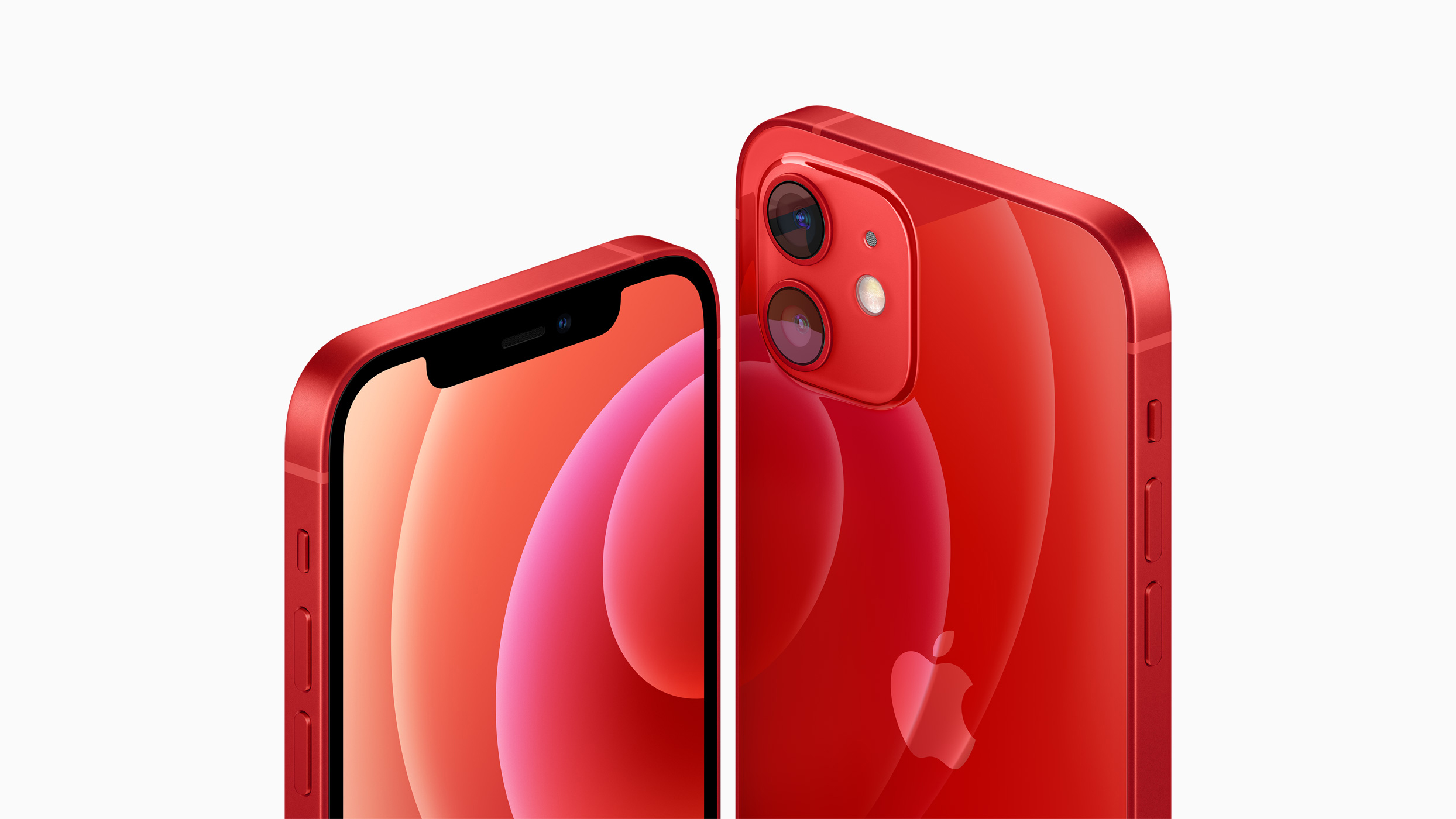
The iPhone 11 was the fastest phone in the world when it launched, thanks to the Apple A13 chip inside. And even now, rivals only just keep up with it for raw power. It's only been truly bested by… the iPhone 12's A14 chip.
The difference isn't really noticeable just in normal use, though – the A14's real advantage is for the extra features it unlocks, such as the better image processing and Dolby Vision. Using them side by side, you might notice the iPhone 12 slightly skipping ahead while performing the same tasks, but honestly, just for day-to-day use, the iPhone 11 is more than good enough.
The iPhone 12 will be more future-proofed by having a newer chip – we'd expect five years of updates for the phones, so you might look at four more years for the iPhone 11. That's just our estimate, but means there's no big danger in buying and being suddenly left behind, but the iPhone 12 guarantees you the most longevity.
There is one area where the iPhone 12 might be a clear winner for you, though: it has 5G, and the iPhone 11 does not. In the US, that includes mmWave super-super-fast 5G support; in the rest of the world, it's just regular boring blisteringly fast 5G.
Of course, not everywhere has 5G, and if you're not somewhere you can currently make use of it, that makes this another future-proofing question. If you'll keep the phone for years, are you happy committing that you'll never want 5G?
For creatives working on the go, the ability to get large files downloaded and uploading at fibre-level speeds can't be ignored. We've hit 500Mbps when testing 5G on the iPhone 12.
iPhone 12 vs iPhone 11: Software
Both phones come with iOS 14, and support all the major features and apps of Apple's operating system. There are essentially no differences here that don't relate to other hardware differences, such as 5G support, or Dolby Vision HDR features.
We already mentioned future-proofing as a consideration. Both phones will get iOS updates for years to come, and it's unlikely that there will be major features that one supports and not the other within the next couple of years. Beyond that, there may be things that the iPhone 12 supports that the iPhone 11 doesn't, and it's likely that the iPhone 11 will lose support for updates before the 12. But to be clear, this is educated speculation on our part, not something Apple has stated.
iPhone 12 vs iPhone 11: Price
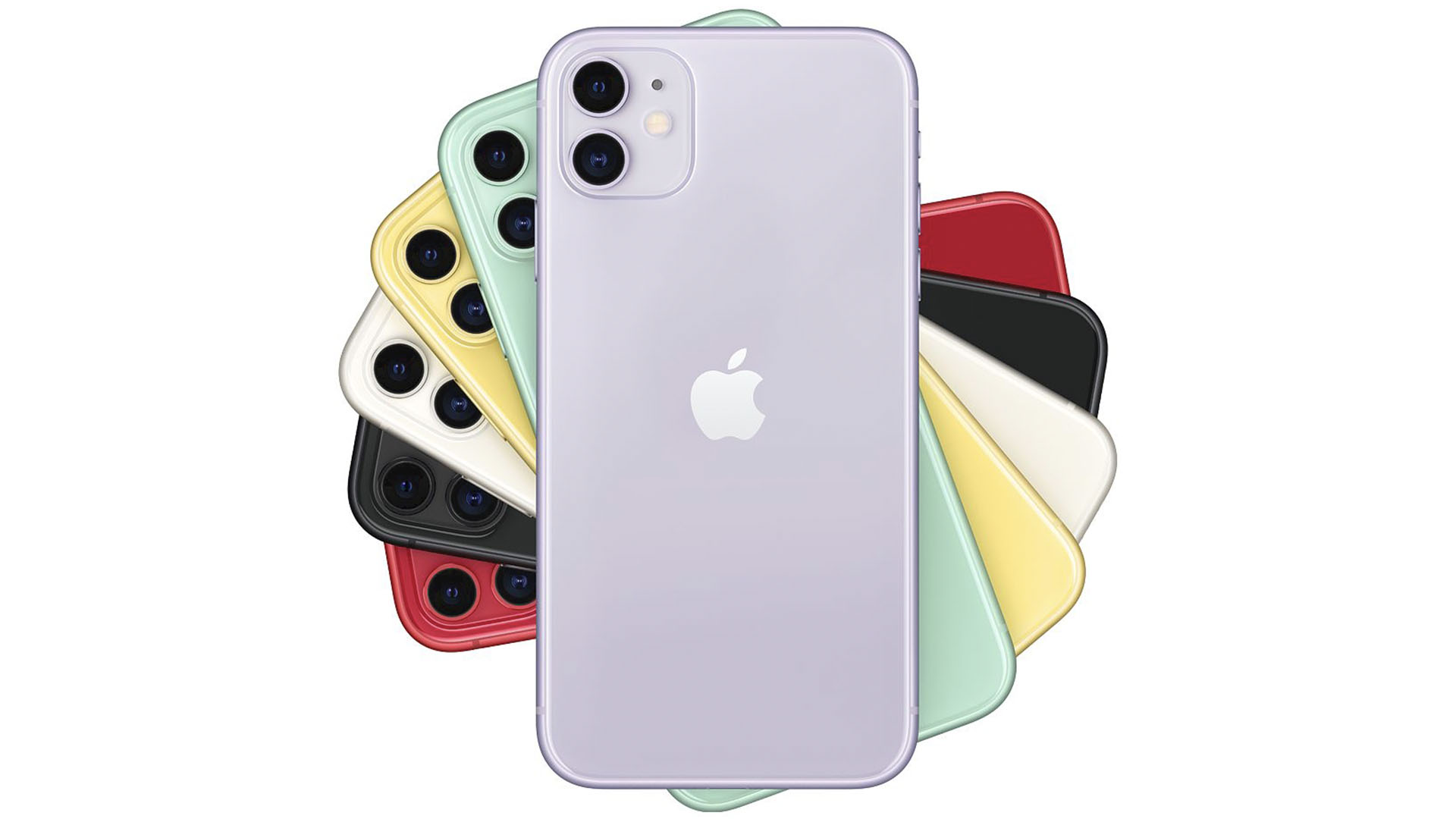
The iPhone 11 starts from £599/$599/AU$999, which gets you 64GB of storage. The iPhone 12 starts from £799/$799/AU$1,349 for 64GB.
64GB is okay for casual users, but if your phone is part of your creative arsenal, you'll probably want to be looking at more storage, especially since it can't be expanded later.
You can get a 128GB version of the iPhone 11 for £649/$649/AU$1,079, or a 128GB iPhone 12 for £849/$849/AU$1,429. For that small a price difference, we consider this the real minimum you should be buying.
But you really should consider going for the 256GB version of either phone. The 128GB iPhone 11 costs £749/$749/AU$1,249, while the 128GB iPhone 12 costs £949/$949/$1,599.
iPhone 12 vs iPhone 11: Conclusion
There's no question here, the iPhone 12 is the better phone for creatives. The higher-res HDR screen is a clear improvement, the camera is better and offers Dolby Vision recording, and the design is right up there with the best the iPhone has ever looked. It's also a little more usable, thanks to its smaller size despite offering the same size screen as the iPhone 11.
However, for around 25% cheaper, the iPhone 11's screen offers the same kind of colour accuracy, the camera is still one of the best on the market, and it's still extremely well made.
Buy for your budget (and don't forget to possibly factor in extra storage space), but ultimately the iPhone 12 is the better phone.
Related articles:
- iPhone 13 could see the surprise return of a classic Apple feature
- iPhone 11 vs iPhone 11 Pro: Which is right for you?
- Apple iPhone 13: Every stunning leak you need to know
Matt has been testing technology for over a decade, working in specialist Apple publications as well general technology and creative journalism. By day, you can find him covering TV, audio, smart home gear and more at T3.com, as Home Tech Editor. By night, he's probably updating or pairing or installing some new piece of technology in the quest for the perfect setup.
Related articles
how to add a bookmark on iphone
Source: https://www.creativebloq.com/features/iphone-12-vs-iphone-11
Posted by: wesleyhiscired.blogspot.com

0 Response to "how to add a bookmark on iphone"
Post a Comment